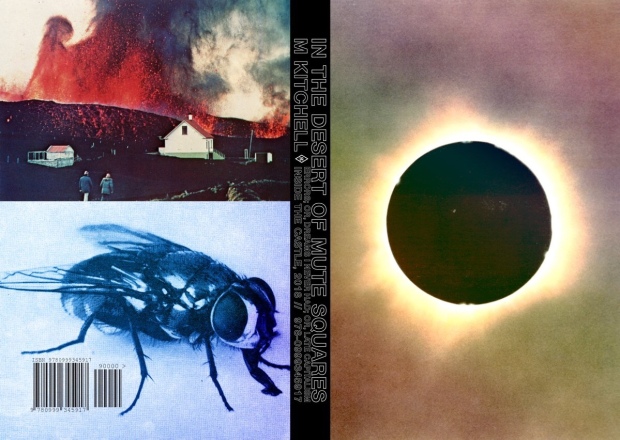by
Daulton Dickey
I’ve vilified the space between my eyes and my face
The soft-boiled sky sheds purple hues on the city,
On two clowns with pool-cue eyes rubbing through crowds clotting the streets below;
They carry a crucifix, lying horizontally,
Over their heads
And cackle the robbery of dissent
People howl
Pebbles, stones, twigs, glow and greet the opportunity to eagle through the air,
Perched on a path to the clowns,
Who ignore the pain, and the crispness of the crowd,
As they reach the city center and plant the crucifix in a pyramid of dirt erected in an intersection,
They stand nose to nose at the base of the pyramid
And ricochet thoughts snaking between their pupils (more…)


 comforts me. But it also breaks me, and the worlds flashing before my eyes dissolve before I can muster the energy to record them.
comforts me. But it also breaks me, and the worlds flashing before my eyes dissolve before I can muster the energy to record them.





 most famous painting, “The Persistence of Memory,” indebted to eggs—and Dali’s insistence that he could remember life inside the womb.
most famous painting, “The Persistence of Memory,” indebted to eggs—and Dali’s insistence that he could remember life inside the womb.


